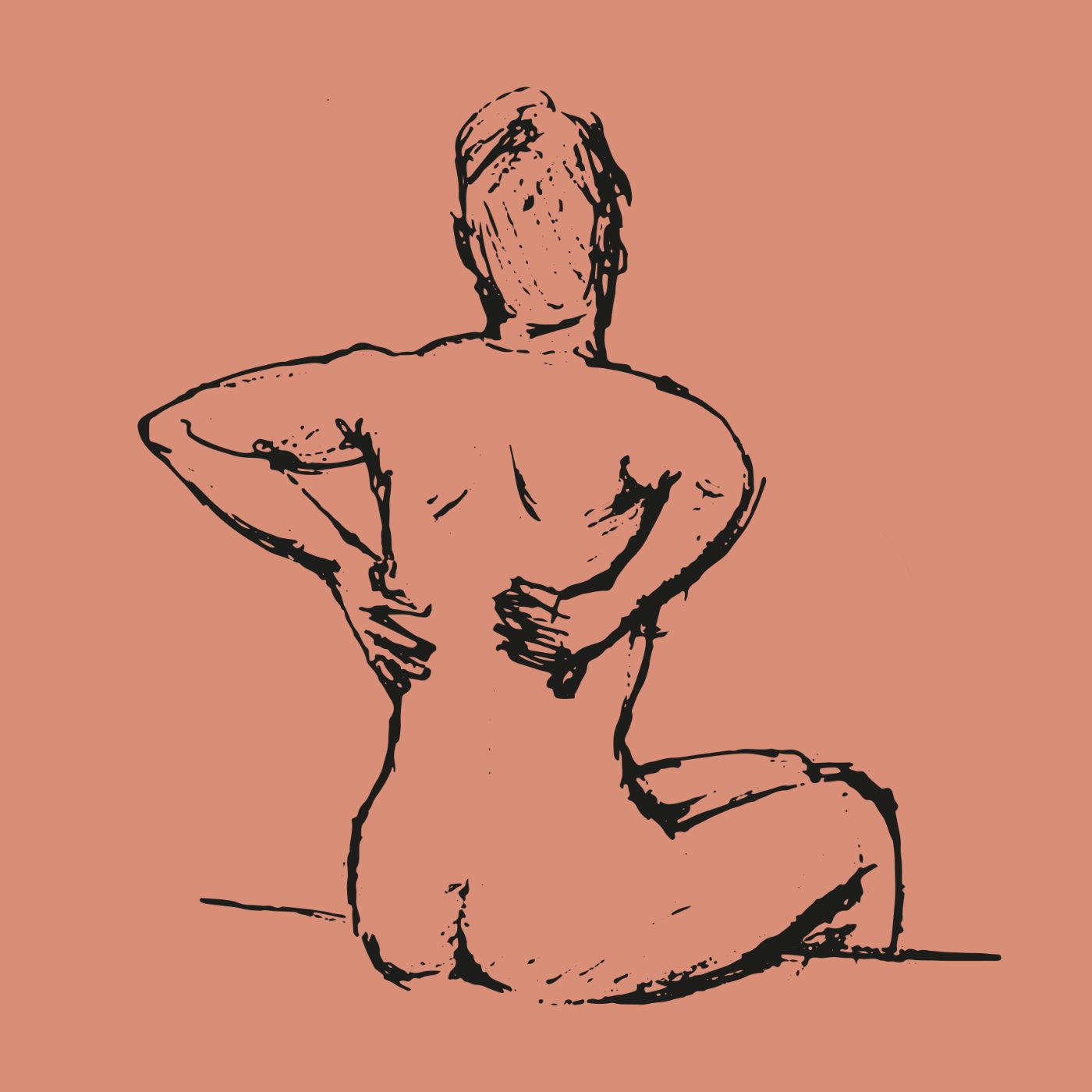Table of Contents
Table of Content

Recently looking through the National Centre for Biotechnology Information we found a great study from 2011 regarding Anxiety and CBD. The study put participants into traditionally high stress and stress inducing situations such as public speaking. Some of the group had pre-treatment with CBD whilst the rest had a placebo.
The results showed positively for CBD helping to support the mind and body in reducing the discomfort associated with these stressful situations, to quote the study… “Pre-treatment with CBD significantly reduced anxiety, cognitive impairment and discomfort in their speech performance, and significantly decreased alert in their anticipatory speech. The placebo group presented higher anxiety, cognitive impairment, discomfort, and alert levels when compared with the control group as assessed with the VAMS. (Visual Analogue Mood Scale)”
Here at KLORIS we found this fascinating as we use our CBD daily for these reasons; we all know that one doesn’t have to partake in a public speech for the day to be stressful!
It also delves into the benefits of those with anxiety induced panic attacks to stay away from THC and to explore the use of CBD.
“Cannabis users reported the reduction of anxiety as one of the motivations for its use; on the other hand, episodes of intense anxiety or panic are among the most common undesirable effects of the drug (Crippa et al, 2009). These apparently conflicting statements may partly reflect the fact that low doses of the best-known constituent of the plant, Δ9-tetrahydrocannabinol (Δ9-THC), engender anxiolytic-like effects, whereas higher doses produce anxiogenic reactions (Crippa et al, 2009).
Moreover, other components of the plant can influence its pharmacological activity; in particular, cannabidiol (CBD), one major non-psychotomimetic compound of the plant, has psychological effects substantially different from those of 9-THC (Zuardi, 2008). Oral administration of CBD to healthy volunteers has been shown to attenuate the anxiogenic effect of Δ9-THC and does not seem to involve any pharmacokinetic interactions (Zuardi et al, 1982).
In animal studies, CBD has similar effects to anxiolytic drugs in different paradigms including conditioned emotional response, the Vogel conflict test, and the elevated plus-maze test (Zuardi, 2008). In human studies, the anxiolytic effects of CBD have been elicited in subjects submitted to the Simulation Public Speaking Test (SPST) (Zuardi et al, 1993). Using functional neuroimaging in healthy volunteers, we have observed that CBD has anxiolytic properties and that these effects are associated with an action on the limbic and paralimbic brain areas (Fusar-Poli et al, 2009a; Crippa et al, 2004).
In short the study suggests that if you suffer from anxiety explore CBD use and stay away from high doses of THC.
A link to the article is here https://www.ncbi.nlm.nih.gov/pmc/articles/PMC3079847/
Glossary of useful terms used in this article:
anxiogenic
An anxiogenic or panicogenic substance is one that causes anxiety. This effect is in contrast to anxiolytic agents, which inhibits anxiety. Together these categories of psychoactive compounds may be referred to as anxiotropic compounds.
anxiolytic
(chiefly of a drug) used to reduce anxiety.




